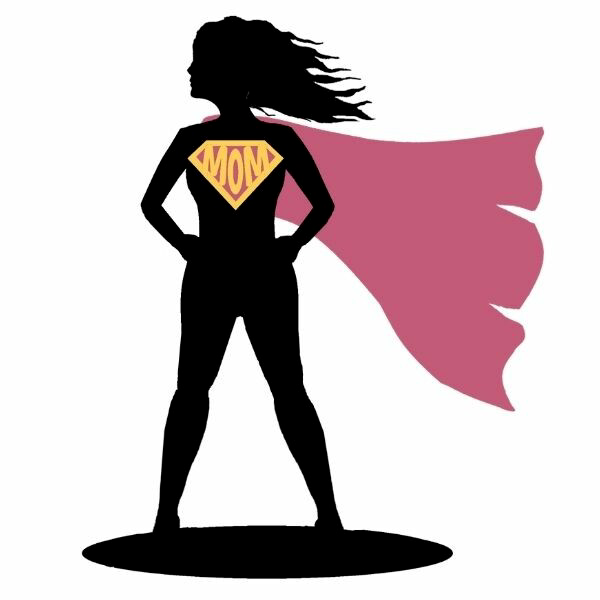I have so many clients that come to me without a gallbladder and they all have the same complaints. Gallbladder removal, or cholecystectomy, is a common surgical procedure performed on hundreds of thousands of people each year, often to treat gallstones or inflammation. While the surgery can alleviate pain and prevent further complications associated with gallstones, it can also have significant effects on your digestive system. This blog explores what happens after gallbladder removal, the potential side effects, and how to manage them for optimal health.
The Role of the Gallbladder
To understand the effects of gallbladder removal, it’s essential to know the gallbladder’s function. The gallbladder is a small, pear-shaped organ located beneath the liver. Its primary role is to store and concentrate bile, a digestive fluid produced by the liver. Bile aids in the digestion of fats by breaking them down into smaller molecules that can be easily absorbed by the body.
When you eat a meal that contains fats, the gallbladder releases bile into the small intestine through the bile ducts. This process helps ensure efficient digestion and absorption of fats and fat-soluble vitamins.
What Happens When the Gallbladder is Removed?
After gallbladder removal, the liver continues to produce bile, but instead of being stored in the gallbladder, bile continuously flows into the small intestine. This change in bile flow can lead to several digestive issues, particularly when consuming fatty meals.
1. Continuous Bile Drip and Digestive Issues
One of the most common side effects of gallbladder removal is a condition known as “post-cholecystectomy syndrome,” which includes symptoms such as diarrhea, bloating, and abdominal discomfort. Without the gallbladder’s storage capacity, bile drips continuously into the intestines, even when food is not present. This constant bile flow can irritate the lining of the intestines, leading to diarrhea and other gastrointestinal issues.
- Diarrhea: The presence of continuous bile in the intestines can cause a laxative effect, leading to frequent and loose stools. This type of diarrhea is typically more pronounced after consuming high-fat meals, as the body struggles to properly digest and absorb the fats without the gallbladder’s bile regulation.
- Bloating and Gas: Many people experience increased bloating and gas after gallbladder removal. The altered bile flow can disrupt the normal digestion process, leading to the fermentation of undigested food by intestinal bacteria, which produces gas.
- Abdominal Pain: Some individuals may experience abdominal pain or cramping, particularly after eating fatty or spicy foods. This discomfort is often due to the digestive system’s difficulty processing these foods without the gallbladder’s assistance.
2. Nutrient Malabsorption
The continuous flow of bile into the intestines can also affect the absorption of fats and fat-soluble vitamins (A, D, E, and K). This reduced absorption can lead to deficiencies over time, affecting overall health and well-being.
Managing the Effects of Gallbladder Removal
While the effects of gallbladder removal can be challenging, there are several strategies you can employ to manage the symptoms and improve your quality of life.
1. Dietary Adjustments
Making changes to your diet is crucial for managing symptoms after gallbladder removal. Here are some dietary adjustments that can help:
- Low-Fat Diet: Eating a low-fat diet can help minimize diarrhea and other digestive issues. Focus on lean proteins, whole grains, fruits, and vegetables. Avoid fried foods, high-fat dairy products, and fatty cuts of meat.
- Smaller, Frequent Meals: Eating smaller, more frequent meals can help your digestive system process food more efficiently and reduce the strain on your intestines.
- Gradual Introduction of Fats: Reintroduce healthy fats slowly and in small amounts. This gradual approach allows your digestive system to adjust and may help reduce symptoms.
2. Bile Salt Supplements
Since the gallbladder is no longer available to store and concentrate bile, taking bile salt supplements can help improve fat digestion and absorption. These supplements should be taken with meals that contain fats to aid in the digestive process. Here are 2 supplements to try. OX Bile 1000 mg, Ox Bile 250 mg
3. Probiotics and Digestive Enzymes
Probiotics and digestive enzyme supplements can also be beneficial. Probiotics help balance the gut microbiome, which can alleviate bloating and gas. Digestive enzymes can assist in breaking down food components, including fats, proteins, and carbohydrates.
4. Hydration and Fiber Intake
Staying hydrated and consuming adequate fiber can help manage diarrhea and improve overall digestive health. Fiber absorbs excess bile and water in the intestines, helping to regulate bowel movements. A
5. Monitoring and Consultation
Regular follow-up with your healthcare provider is essential. They can monitor your nutrient levels and recommend supplements if necessary. Additionally, discussing your symptoms and concerns with your healthcare provider can help you develop a personalized plan to manage your symptoms.
Gallbladder removal can significantly impact your digestive system, leading to symptoms such as diarrhea, bloating, and abdominal discomfort. However, with proper dietary adjustments, bile salt supplements, and other supportive measures, you can manage these symptoms and maintain a healthy, balanced lifestyle. If you experience persistent or severe symptoms after gallbladder removal, it’s essential to consult with your healthcare provider for personalized guidance and support. Remember, taking proactive steps to care for your digestive health can lead to improved overall well-being and quality of life.
Need a whole body Reset?
My blogs contain some affiliate links.
Any purchase made is a blessing to my family at no extra cost to you!
Thank you for supporting us!








0 Comments